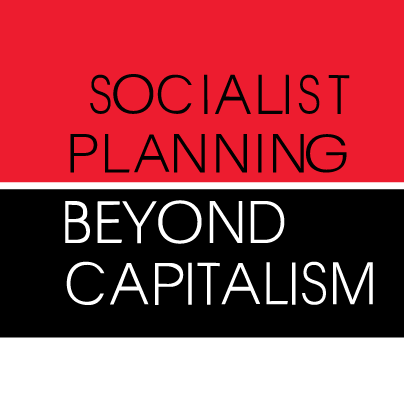Over time, our species has built a network of social institutions around the earth that changes, and is changed by, our biophysical environment. Society becomes akin to what Teilhard de Chardin termed a "noosphere" - a "super-organic" planetary feedback system, a "socio-sphere" nested within the biosphere. It is within this socio-sphere that history takes shape. The dynamics taking place among other animals within the biosphere over time could be called "evolution." "History" is a unique kind of evolutionary activity that goes with the building of a socio-culture. Without a socio-culture there would be no history. With the few exceptions of those other animals that have some socio-culture, the humans are the only species on earth that produce history. History consists of socio-cultural systems changing over time.
Summing up:
Most Non-human animals Human beings
work labor
little or no cooperation cooperation: social roles
biological evolution socio-cultural evolution
evolution without history evolution with history
Individuals are Both the Object and Subject of History
Role-making and role typification
The heart of cooperation is the creation of a division of labor, or role-making. When groups divide up to perform complementary roles, they create an interdependency. By relying on each, the people create synergistic results. They obtain more food per capita with less risk than could any single member working alone. There is no longer a direct relationship between biological needs and biological strategies. The ends may be biological, but the means are socio-cultural.
When a hunting-and-gathering society first begins to divide up the tasks, the people need to discuss what to do: "You go over here and frighten the game; you go here and wait in ambush; you stay back at the camp and prepare for a feast." But then, after a few practices runs, the group members no longer need to discuss who is going to do what because the roles have been internalized. Each person reciprocally typifies the process in his or her head. (Berger, 1967) The internal dialogue probably goes something like, "Aha, here he or she goes again playing that role. This is my cue to play this role."
The internalization of laboring activities allows old roles to be mastered to the point where they become subconscious. Each person can now anticipate what the others will do. "There she goes again" becomes "there we go again." The socialization activity initially is consciously undertaken. But once internalized cues kick in, each person engages in roles automatically. This frees up the individual's conscious mind to deepen existing skills or learn a wider set of roles.
So the more roles we internalize, the more human we become. The more roles can be typed and then formed into social habits, which can be counted on to recur, the more the mind knows its social place in relation to what other humans are doing. In this model, history does not "begin" with writing and civilization, because this would exclude all the laboring and role-making of pre-state societies. History begins with the construction and reproduction of all human societies, starting with hunter-gatherers.
People are objects of history
People are not, however free to build roles from scratch. Throughout our lives we are limited by the tools, institutions, and beliefs that are passed on to us from previous generations. An individual is born into a particular type of society, within a given subgroup of that society, at a particular point in history. Nothing can be done about that. And these constraints define what the person has to work with. As an adult, through one's goals and actions one not only cooperates with others, but also competes with the goals and actions of others. That encounter is an inseparable part of social life. Furthermore, competition between people is not a democratic "free-for-all." Since the rise of stratified states five thousand years ago, most people have little or no political or economic power at their disposal to enable them to compete with the real powerholders in society. In all these ways, people are the objects of history.
Subjective possibilities
Next Page 1 | 2 | 3 | 4 | 5 | 6 | 7
(Note: You can view every article as one long page if you sign up as an Advocate Member, or higher).





